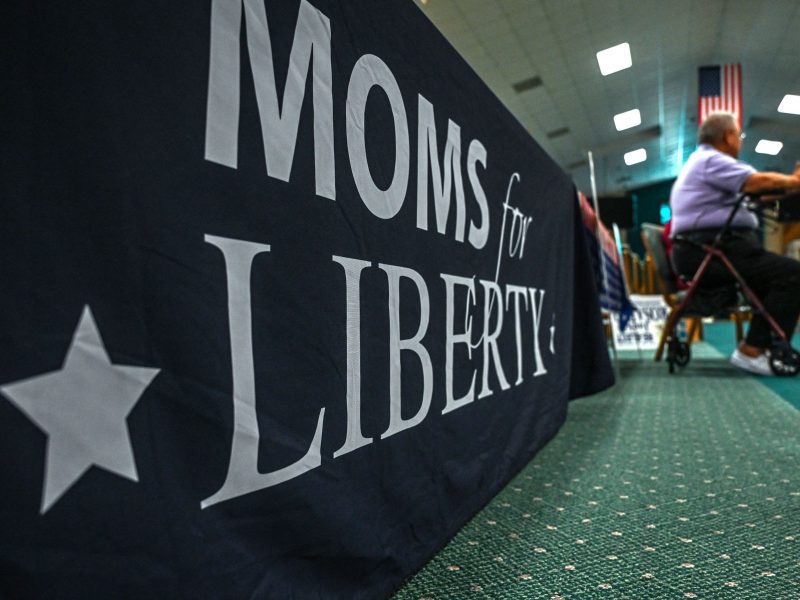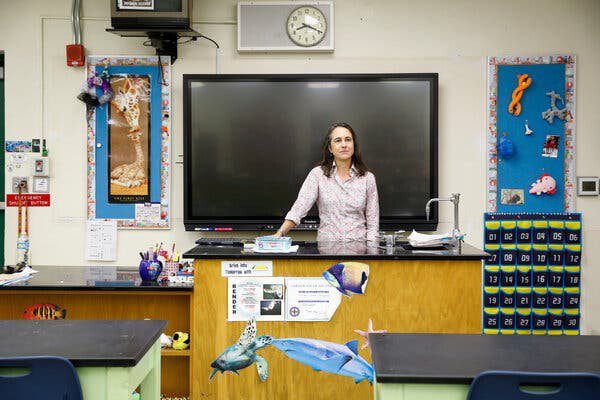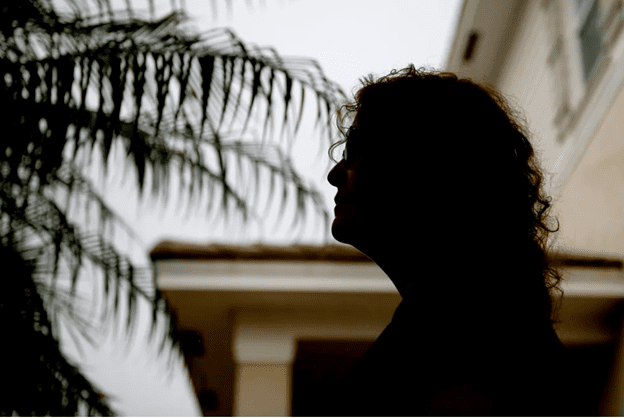Florida’s COVID-19 spring education plan: No school closures, intervention for struggling virtual students
Parents must be notified when virtual students are struggling
WKMG News 6 | by Emilee Speck | November 30, 2020
KISSIMMEE, Fla. – During his first news conference in nearly a month, Gov. Ron DeSantis revealed changes to Florida’s education plan for the spring 2021 semester as the coronavirus pandemic continues.
Speaking in Kissimmee Monday afternoon at Boggy Creek Elementary School, DeSantis said virtual and in-person learning options will remain available but with several changes.
The governor does not support closing schools for the virus and has previously said he regrets closing campuses statewide when the pandemic first arrived in Florida.
He doubled down saying, “closing schools, due to coronavirus is probably the biggest public health blunder in modern American history,” referring to when all Florida schools switched to virtual learning in March.
Schools across the U.S. have reopened but amid a rising surge in COVID-19 cases, individual schools and entire school districts have been forced to close again. In New York City, schools closed only to have the mayor reverse course and reopen campuses.
The virus has shown to be mild in children who become infected. Of the nearly 19,000 dead in Florida from COVID-19, nine have been children. The concern is that children can spread the virus to adults with higher risk of suffering more severe or deadly cases of coronavirus and why school leaders warned families to keep sick children home following the Thanksgiving holiday break.
On Nov. 18, Education Commissioner Richard Corcoran revealed remote learning will continue for students who opt for that method. School districts had been waiting on guidance from the state about whether online options could continue to be funded.
On Monday, Corcoran and DeSantis announced a new executive order extending virtual and hybrid learning options and how the state funds school districts.
Corcoran said 24 counties will receive more funding because they saw growth in their student population. Districts who are not seeing the same growth were placed into a pool and the loss “was spread out” among the districts, totaling around $17 million, according to Corcoran.
The commissioner said Florida has other funding, as well as $500 million in unspent federal CARES Act dollars, to help mitigate these losses.
DeSantis explained one change going into the spring semester is regarding students struggling with online learning.
“Parents must be notified if a student is struggling with virtual learning,” DeSantis said.
Schools will still provide the parent the option to do virtual learning if they choose but unless they opt in, their child will need to return to in-person instruction.
“Then the student must return to in-person instruction, unless the parent affirmatively opts out and says they want to still remain virtual, and the reason why we’re doing that is because the data, and the evidence is overwhelmingly clear: the virtual learning is just not the same as being in person,” the governor said.
Osceola County Superintendent Dr. Debra Pace attended the news conference and said the extension gave the school district “more fiscal stability.”
“We do know that learning happens best in a classroom with a caring teacher, surrounded by their peers. But we also know that that’s not the right option for some of our families, some students who’ve been successful in the digital learning world,” she said.
Under the new executive order, all Florida school districts and charter schools must submit a new learning plan to the Department of Education by Dec. 15. These plans must include intervention plans for students underachieving through virtual or hybrid learning options.
“We’ll look at them but in those plans were saying, you know ‘Who are we talking about? What kind of interventions … Are you going to continue those interventions into the summer?’ all of those things are going to be taken in and looked at,” Corcoran said.
Corcoran insisted that schools “are the safest places for kids to be,” because without sports or after-school activities they are socializing without supervision.
The new executive order also applies through the summer 2021 semester.
DeSantis last held a news conference to discuss the state’s response the pandemic 26 days ago. The governor’s office released a pre-recorded video from DeSantis last week discussing vaccines and a new COVID-19 treatment after he extended his executive order that bans local governments from enforcing mask mandate violations.
The order, first signed in September, prevents cities from fining people for not adhering to mask mandates. It also prevents cities and counties from ordering restaurants to close without economic or health reasons being justified.
Many other states have added rules and restrictions in recent weeks due to a spike in COVID-19 cases.
“Yes, we’ve seen the cases increase. But look at all the other states that have seen it increase way, way more,” DeSantis said, adding later he has no plans for any restrictions aimed at preventing the spread of the virus.
“No lockdowns, no fines, no school closures,” DeSantis said. “No one’s losing their job because of a government dictate, nobody’s losing their livelihood or their business, that is totally off the table.”
Prior to Monday, the governor has made several public appearances but did not speak with reporters in attendance, including at a high school football game last week in Vero Beach.
Meanwhile, Florida, along with the rest of the country, has reported an uncontrolled spread of the virus. Florida is expected to surpass 1 million infections this week since the pandemic began. The state has repeatedly reported more than 5,000 cases per day.
DeSantis focused heavily on the potential for two different coronavirus vaccines being approved within weeks.
“We think in a couple of weeks if we have shots going in, that’s going to offer protection for vulnerable people, they still need the booster to have the immunity be long-lasting but that’s something that’s very, very positive,” DeSantis said.
Both vaccines up for Federal Drug Administration review require two doses for immunity.






